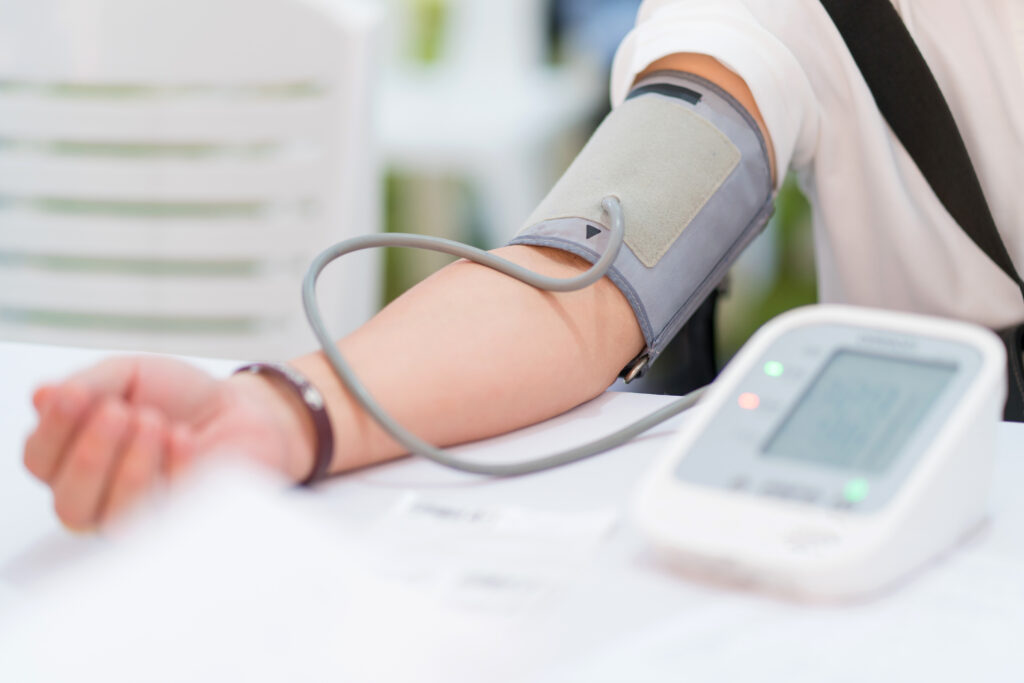
Citizens of Europe at risk for heart attacks, stroke and chronic kidney disease due to uncontrolled high blood pressure will benefit from new expert treatment guidelines that recognize the value of renal denervation, or RDN.
Last month the European Society of Hypertension, or ESH, updated its treatment guidance to include RDN as a recommended treatment option for patients who need arterial hypertension management. Inclusion of RDN in the treatment guidelines means patients who struggle to lower their blood pressure through diet, exercise or antihypertensive medications will now have a safe, effective adjunctive treatment option. The guidelines were also endorsed by the European Renal Association (ERA) and the International Society of Hypertension (ISH).
The updated guidance comes at a critical time. More than 150 million Europeans currently have hypertension, according to the European Society of Cardiology, and more than 40% of them can’t adequately manage their blood pressure. Because lifestyle changes and access to antihypertensive medications are not always adequate, renal denervation adds another tool to aid patients and health care providers in hypertension management and treatment adherence.
About Renal Denervation
Renal denervation entails delivering energy to patients’ kidney nerves, thus reducing blood pressure. Clinical studies show benefits to patients with hypertension in safely reducing blood pressure. Trials have demonstrated that the procedure successfully lowers blood pressure in the absence and presence of background anti-hypertension medication.
In response to the updated guidance, Neil Betteridge, director of the European Alliance for Patient Access, called on health policy leaders to ensure that patients can access all treatment options. “In Europe, cardiometabolic conditions have historically been – and are expected to continue being – a major public health burden, and unmanaged hypertension is a significant underlying cause of many of these conditions,” Betteridge said. “Any real push to address the public health burden of cardiovascular disease and chronic kidney disease requires that health systems prioritize the treatment of hypertension by including RDN as an accessible treatment option. If policy and clinical practice follows the new expert guidance, renal denervation has the potential to have a very real and positive impact on patients.”
Recent Posts

Global Alliance for Patient Access
© 2026 GAfPA. All Rights Reserved
| Cookie | Duration | Description |
|---|---|---|
| cookielawinfo-checkbox-analytics | 11 months | This cookie is set by GDPR Cookie Consent plugin. The cookie is used to store the user consent for the cookies in the category "Analytics". |
| cookielawinfo-checkbox-functional | 11 months | The cookie is set by GDPR cookie consent to record the user consent for the cookies in the category "Functional". |
| cookielawinfo-checkbox-necessary | 11 months | This cookie is set by GDPR Cookie Consent plugin. The cookies is used to store the user consent for the cookies in the category "Necessary". |
| cookielawinfo-checkbox-others | 11 months | This cookie is set by GDPR Cookie Consent plugin. The cookie is used to store the user consent for the cookies in the category "Other. |
| cookielawinfo-checkbox-performance | 11 months | This cookie is set by GDPR Cookie Consent plugin. The cookie is used to store the user consent for the cookies in the category "Performance". |
| viewed_cookie_policy | 11 months | The cookie is set by the GDPR Cookie Consent plugin and is used to store whether or not user has consented to the use of cookies. It does not store any personal data. |